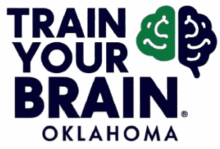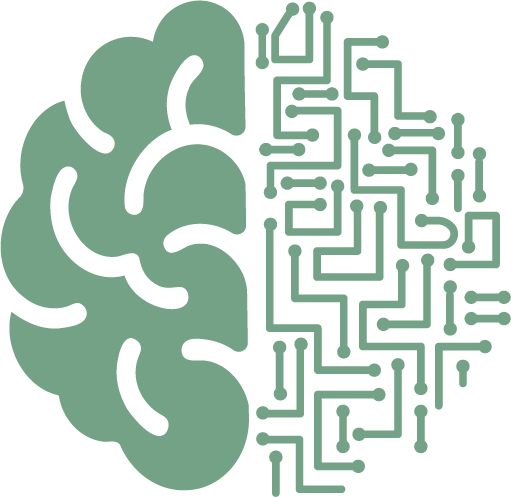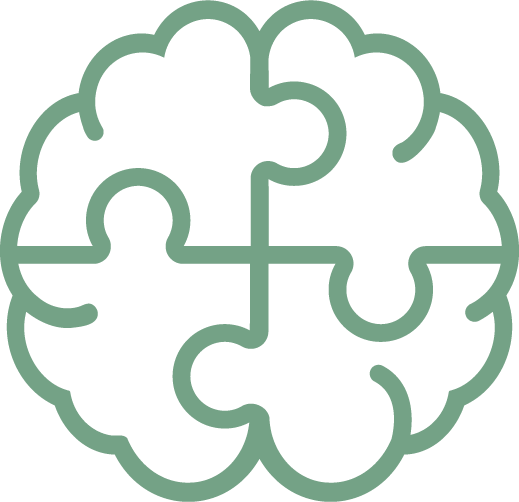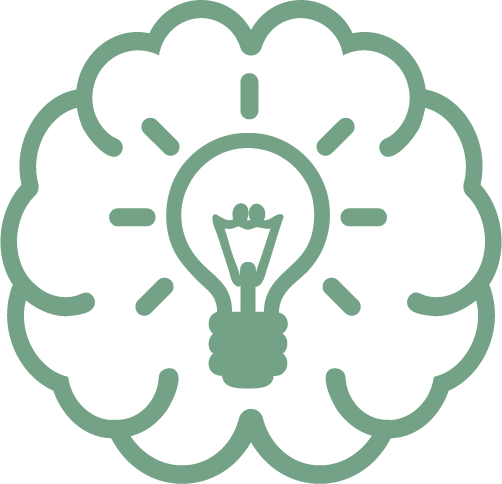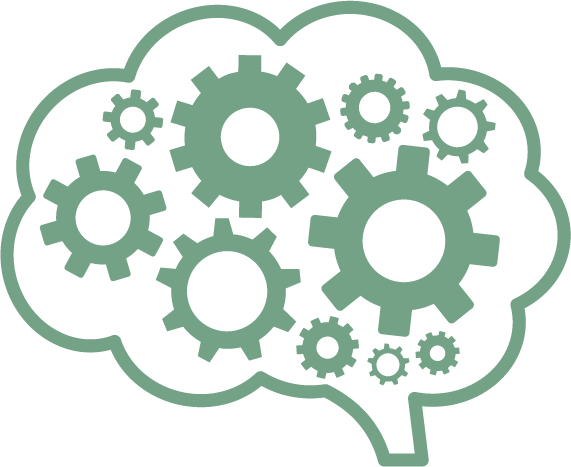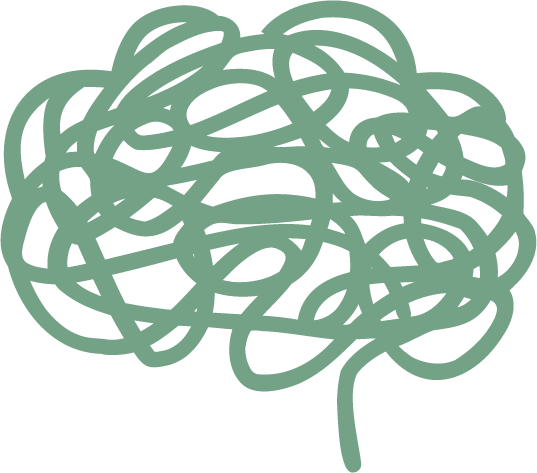Services
ADHD, Focus, and Overactive Mind
Attention-Deficit/Hyperactivity Disorder (ADHD) is a condition marked by persistent patterns of inattention, hyperactivity, and impulsivity that can interfere with daily life. Individuals with ADHD often experience difficulty staying focused, organizing tasks, following through on activities, and managing restlessness or racing thoughts. An overactive mind can lead to feeling overwhelmed, distracted, or unable to settle into routines. Support, understanding, and proper strategies can help individuals harness their energy, strengthen focus, and achieve their goals despite the challenges ADHD presents.

Reduce Anxiety & Find calm
Anxiety can create overwhelming feelings of worry, tension, and restlessness, making it hard to enjoy daily life. Finding calm begins with learning how to manage these emotions and create space for peace of mind. Through mindfulness techniques, healthy habits, and positive coping strategies, it’s possible to quiet the noise, ease racing thoughts, and reconnect with a sense of balance and control. Small, consistent steps can lead to big changes, helping you breathe easier and live with more clarity and confidence.

Post-Traumatic Stress Disorder
Post-Traumatic Stress Disorder (PTSD) is a mental health condition that can develop after experiencing or witnessing a traumatic event. It may cause intense feelings of fear, anxiety, flashbacks, nightmares, and emotional distress. People with PTSD often struggle with feeling safe, managing emotions, and trusting others. Healing is possible through support, therapy, and healthy coping strategies. Recognizing the impact of trauma is the first step toward reclaiming strength, resilience, and a sense of inner peace.

Reduce Anxiety & Find Calm
Anxiety can feel like your mind is always racing or your body is stuck in high alert. But peace is possible. By learning to slow down, breathe deeply, and stay present, you can ease tension and bring balance back into your life. Whether through mindfulness, movement, or support, there are simple tools to help quiet the noise and restore a sense of calm. One step at a time, you can move from overwhelm to peace.

Reading & Learning Disorders
Reading and learning disorders can make it difficult to process, retain, or express information in typical ways. These challenges may include trouble with reading fluency, comprehension, writing, math, or focusing in a classroom setting. Conditions like dyslexia, dysgraphia, and other learning differences affect people of all ages and are not a reflection of intelligence. With the right support, strategies, and encouragement, individuals can build confidence, unlock their potential, and thrive in their own unique way of learning.

Addiction & Substance Abuse
Addiction and substance abuse involve a complex struggle with the use of alcohol, drugs, or other substances that negatively affect health, relationships, and daily life. It can feel like a cycle that’s hard to break, but recovery is always possible. Addiction is not a moral failing — it’s a health condition that requires support, understanding, and the right treatment. With guidance, care, and commitment, individuals can find healing, rebuild their lives, and move toward lasting recovery and hope.

What is Neurofeedback?
Neurofeedback is a safe and effective approach to address various mental and physical health concerns such as ADHD/ADD, attention and focus issues, mental stress, negative moods, sleep issues, and memory loss. This type of solution employs biofeedback techniques to help individuals learn how to generate healthier patterns of neural functioning within their brains. By providing real-time information about brain activity, neurofeedback assists individuals in gaining greater control over their neural processes, ultimately leading to symptom reduction and improved overall well-being.
What is the cost of Neurofeedback?
Train You Brain Oklahoma offers affordable neurofeedback services tailored to your needs. We also provide various payment options to include Health Savings Account (HSA), Flexible Spending Account (FSA), and financing through Advance Care.
What are the side effects of Neurofeedback?
There are absolutely no side effects associated with neurofeedback. In fact, the Food and Drug Administration (FDA) acknowledges that neurofeedback has never produced a serious side effect since its discovery over 50 years ago.
What is a qEEG and brain mapping?
A QEEG (Quantitative Electroencephalogram), also known as a “brain map,” is a report that provides detailed information about the electrical activity within the brain. It offers valuable insights into brain function and can aid in the assessment and remedy of various neurological conditions.
Does insurance cover the service?
While most insurance companies do not cover neurofeedback, we’re committed to making our services accessible. We’re happy to provide you with a superbill for submission to your insurance company. Additionally, we accept Health Savings Account (HSA) and Flexible Spending Account (FSA) cards as well as credit cards for payment convenience.
Can Neurofeedback be used alongside other forms of treatment?
Yes, neurofeedback can be used in conjunction with other forms of treatment, such as medication, talk therapy, and lifestyle modifications. Integrating these approaches can provide a comprehensive treatment plan that addresses both the physical and psychological aspects of health and well-being.
What happens during a typical Neurofeedback training session?
During a typical neurofeedback session, you’ll be comfortably seated while sensors are attached to your scalp to measure your brainwave activity. These sensors are connected to a computer, which displays your brainwave patterns in real-time. Through visual and auditory feedback, you’ll learn to regulate your brainwave activity, with the guidance of a trained brain coach. Sessions typically last around 30 to 60 minutes, during which you’ll engage in specific tasks designed to promote desired brainwave patterns and address your individual concerns.
Who can benefit from Neurofeedback?
Neurofeedback can be beneficial for individuals of all ages, from children to seniors. It’s a versatile approach that can address a wide range of conditions and concerns across the lifespan. Children with attention and focus issues, teenagers struggling with depression, adults managing stress or sleep issues, and seniors seeking cognitive enhancement or pain relief can all benefit from neurofeedback. The techniques and protocols used may be adjusted to suit the developmental stage and specific needs of each individual, making neurofeedback a valuable option for people of all ages.
